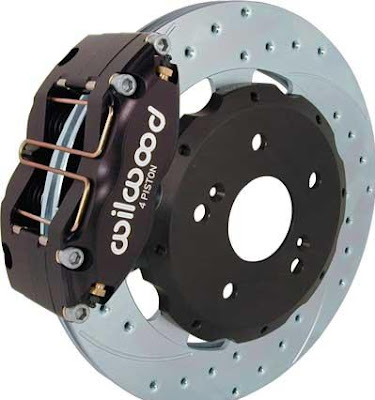Your car's radiator is the cornerstone of its cooling system. If it failed to do its job, your engine would quickly overheat and sustain damage. Coolant moves through your engine and absorbs the intense heat produced by the assembly. If flows through a network of hoses into your radiator. Within this component, it flows through a series of small tubes, which are equipped with fins. These fins allows heat to dissipate as air is blown across the component's surface. With the heat removed, the coolant flows back to your engine to repeat the process.
The Breakdown Of Coolant And Its Effects
Over tens of thousands of miles, rust and deposits can build within the radiator. This occurs as the antifreeze begins to break down and become acidic. At a certain point, the accumulation of these materials becomes significant enough to cause minor obstructions, which prevents the coolant from flowing as freely as it should. The coolant thus becomes less capable of drawing heat away from the engine, causing the assembly to operate at higher temperatures than normal. Severe restrictions can lead to overheating.
Flushing The System To Clean It Out
One way to address the buildup of rust and deposits is to perform a radiator flush. The question is, should you? The service sounds ideal, but may provide less value than initially seems to be the case.





















